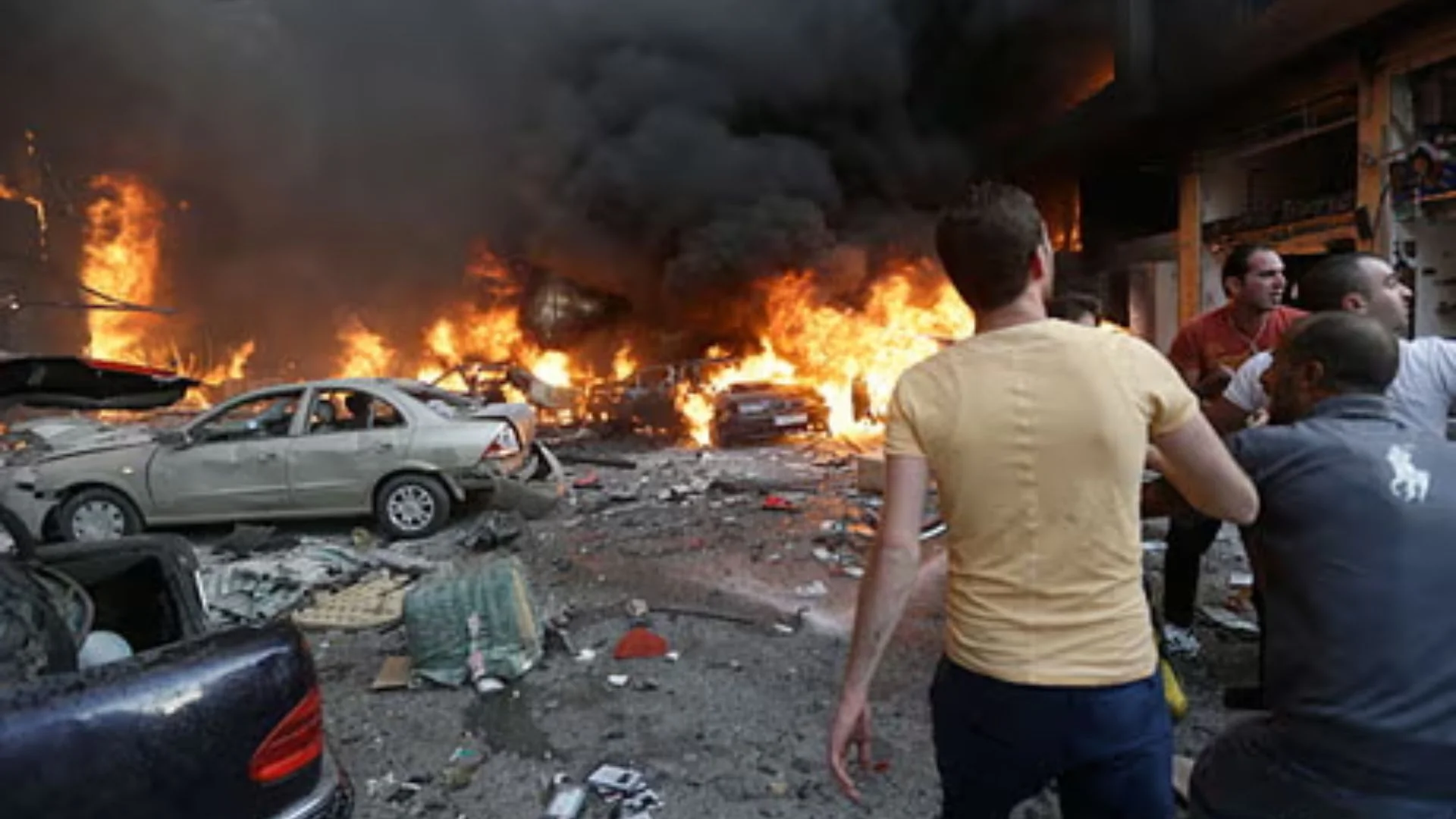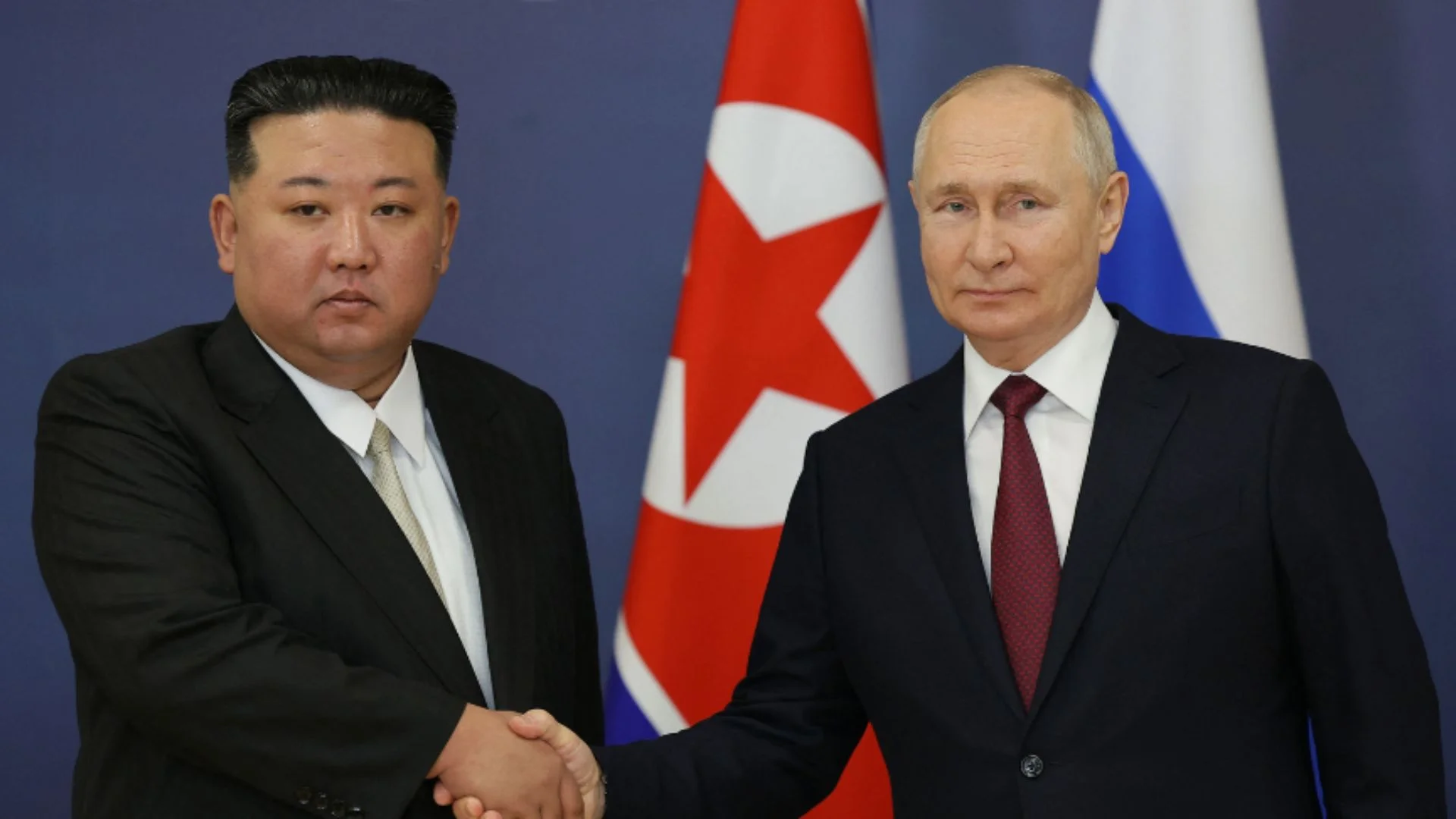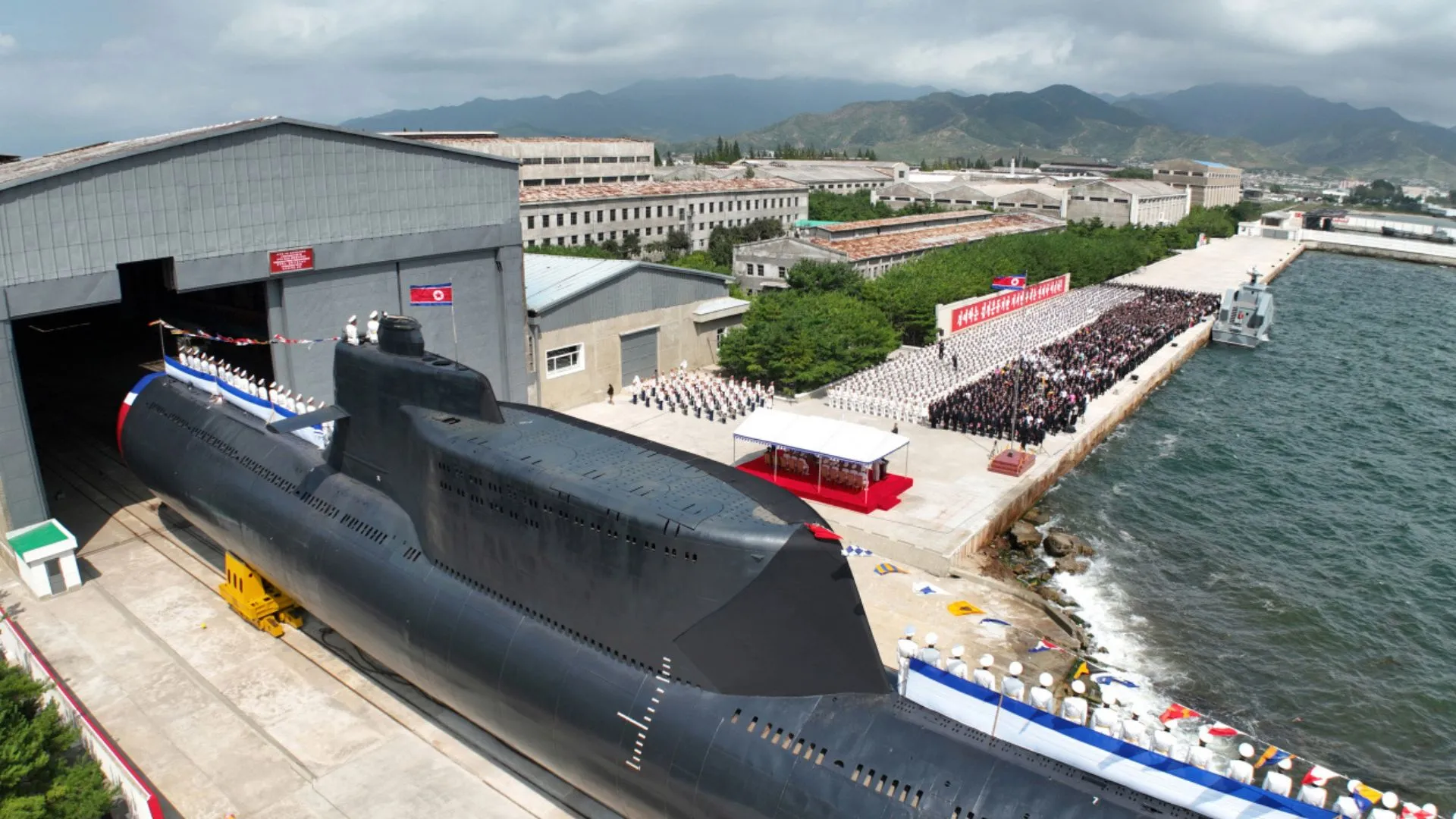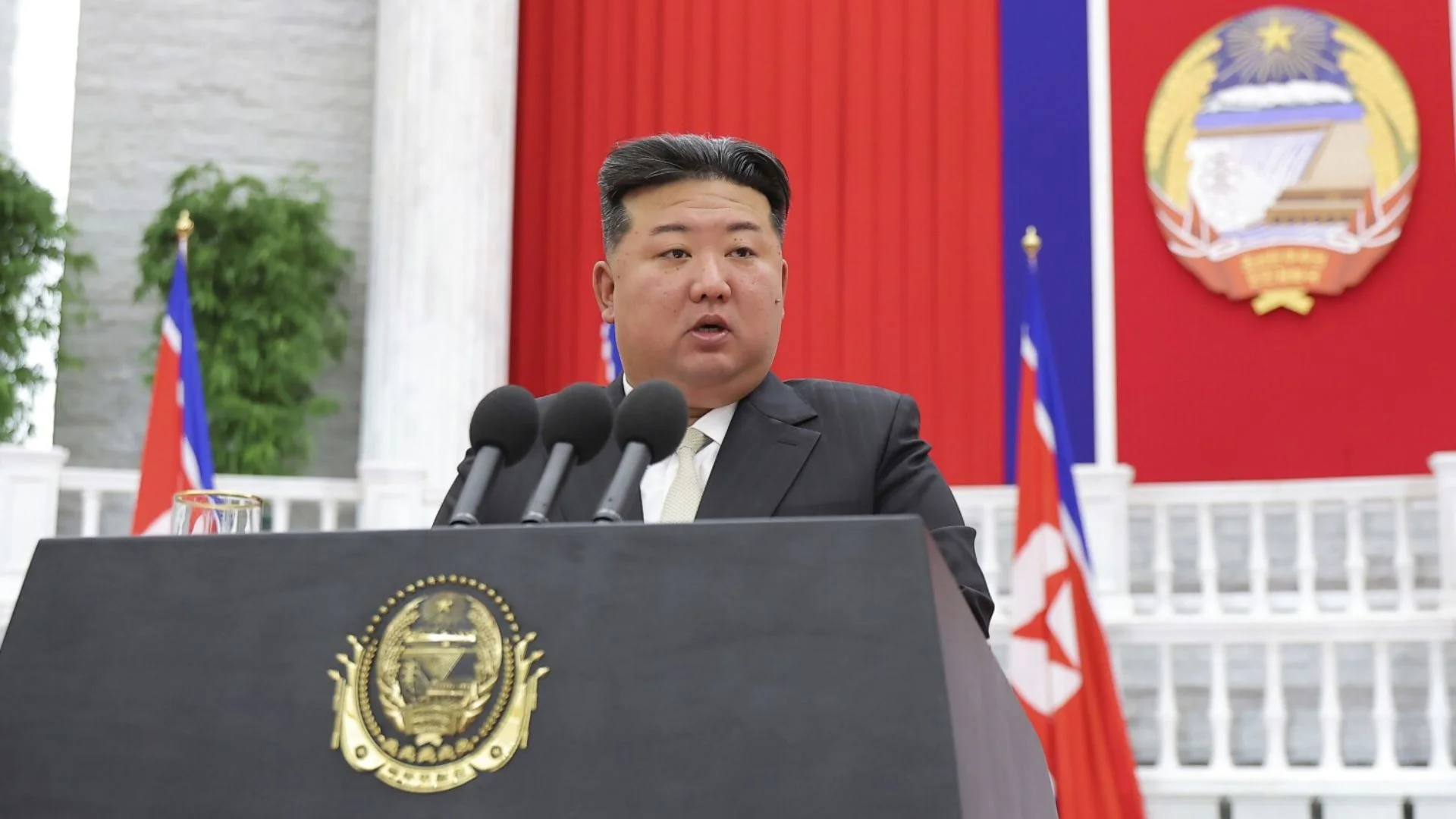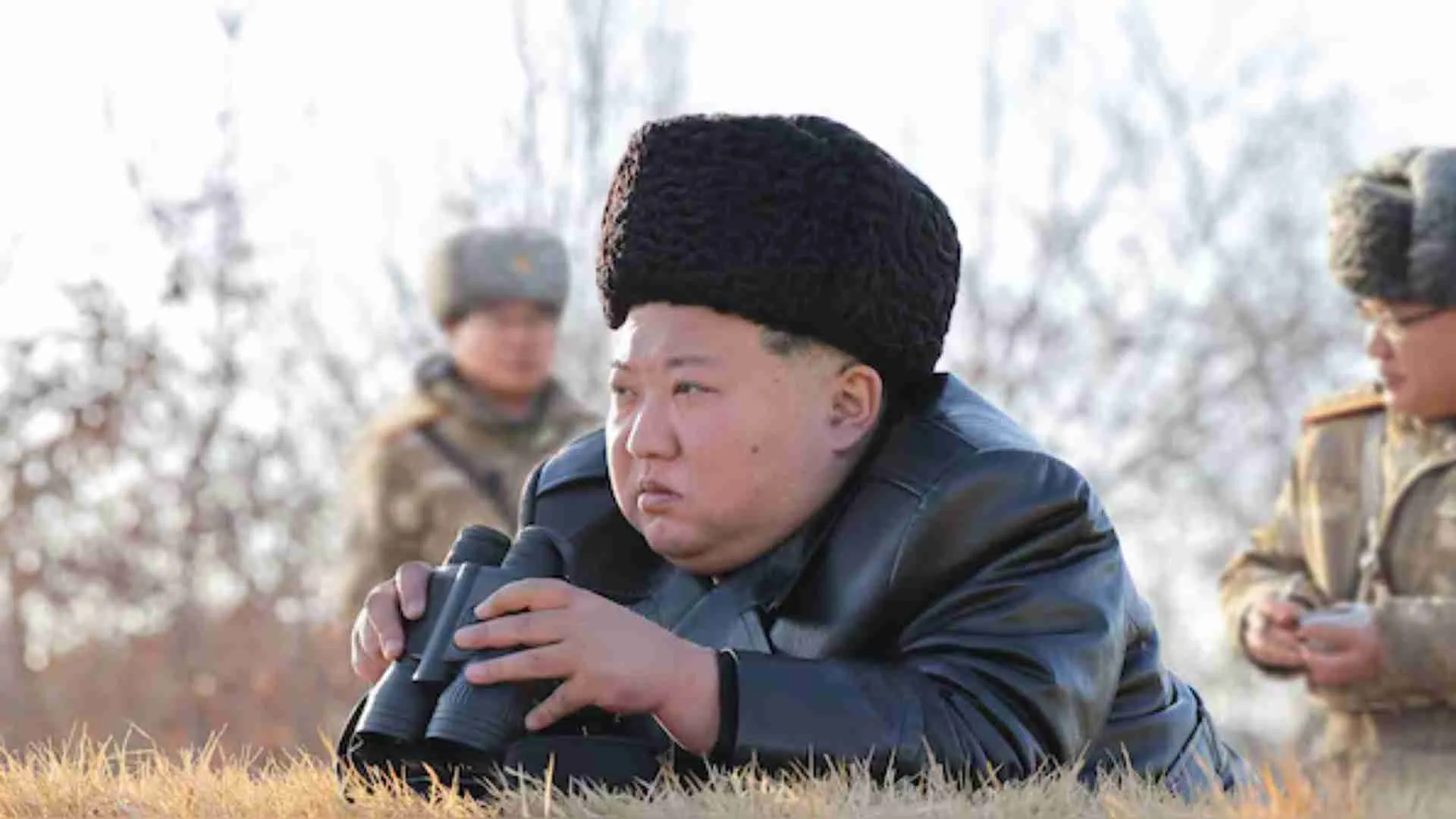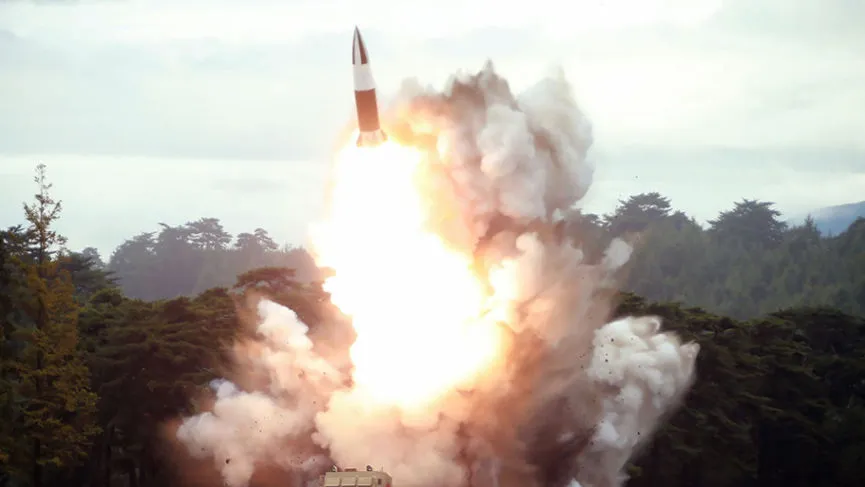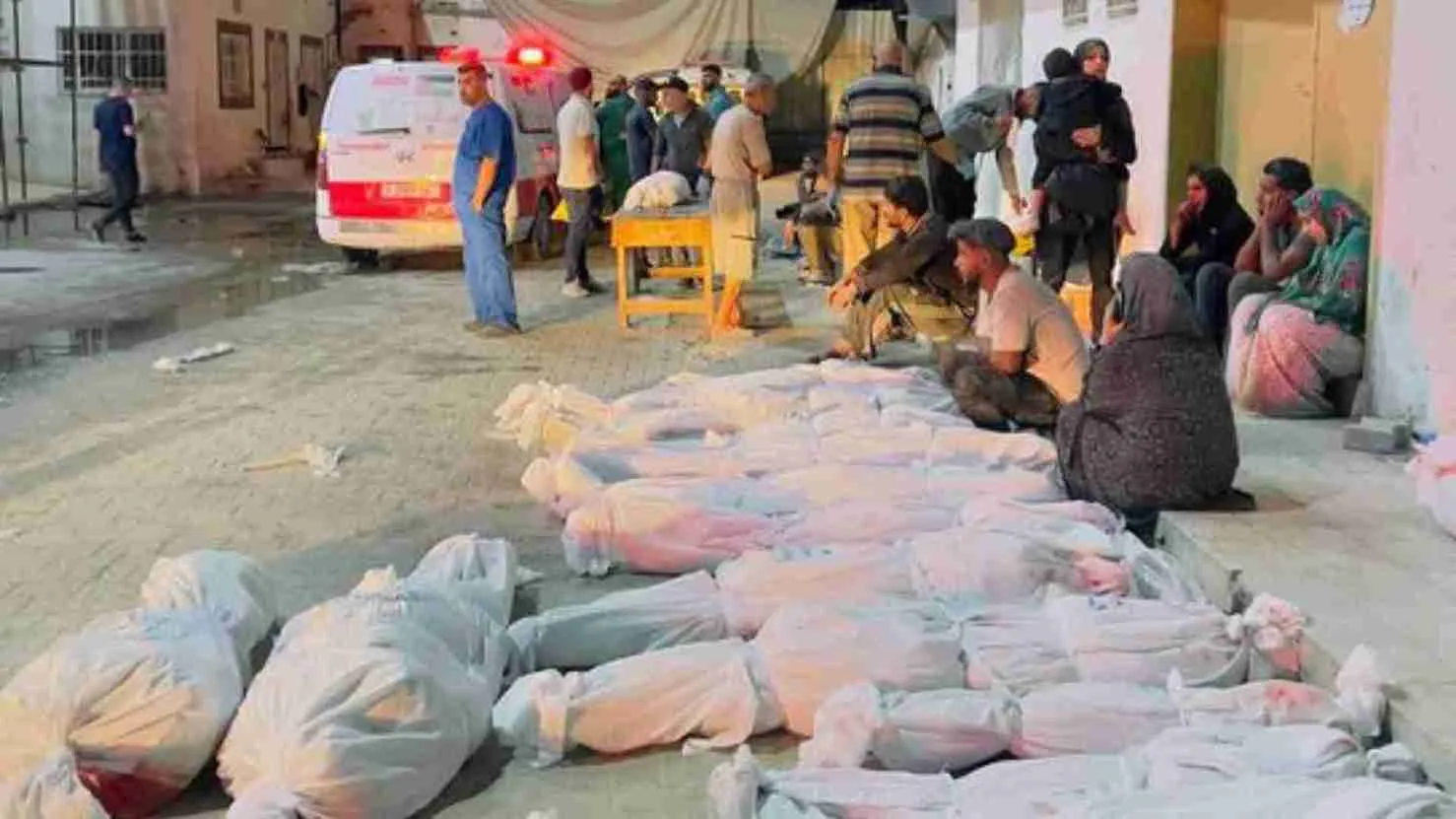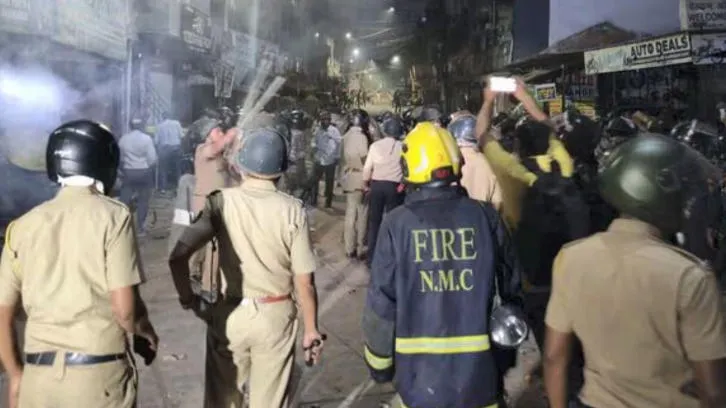Anna Levina, a Russian researcher and documentary photographer residing in Beirut, is preparing for the potential impact of Israel’s escalating military operations in Lebanon. Following the resurgence of missile exchanges between Hezbollah and Israel, Levina has been stockpiling supplies, with non-perishable goods remaining in her kitchen since last October. “The feeling is, of course, unpleasant, but I’ve been waiting for this moment for a year,” Levina remarked, referencing the dramatic rise in Israeli airstrikes that have resulted in over 2,000 casualties across Lebanon, including Beirut. Recently, Israel initiated ground operations in southern Lebanon, intensifying clashes with Hezbollah fighters.
The conflict also poses significant strategic concerns for Russia. Under President Vladimir Putin, Russia has pursued a foreign policy aimed at creating a “multipolar world,” contrasting the US-led order. The current conflict’s expansion into Lebanon and potential confrontation with Iran complicates Russia’s interests as a global power. Alexey Malinin, a member of the Digoria Expert Club, expressed that Russia is worried about the escalating Arab-Israeli conflict, noting that US military support for Israel undermines diplomatic efforts for peace.
Despite the US’s unwavering backing of Israel, Russia’s Ministry of Foreign Affairs condemned Israeli ground operations in Lebanon and has called for troop withdrawal. However, analysts indicate that Russia’s involvement is also influenced by its growing dependency on Iranian military support amid the ongoing Ukraine war. While both Malinin and Ruslan Suleymanov agree that Russia does not seek a large-scale conflict, they acknowledge that Moscow benefits from chaos in the region, as it distracts the US from its commitments in Ukraine.
As tensions rise, Levina hopes Hezbollah can resist the Israeli advance, reflecting on past Israeli invasions and suggesting that the current military strategy may repeat historical mistakes.

